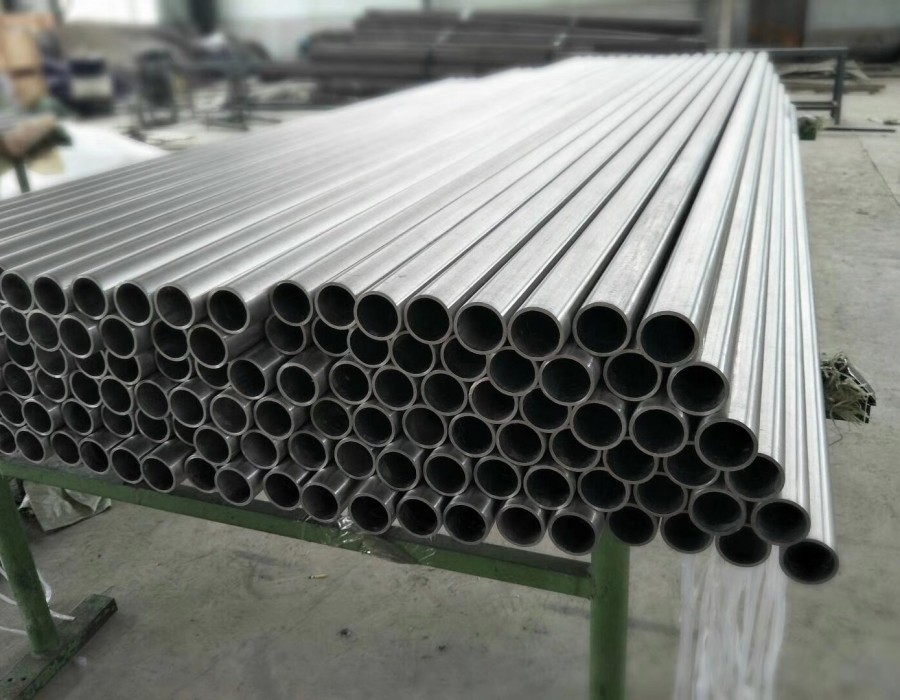Titanium tubes are metals that are composed of titanium and other chemical elements. Commercially Pure Titanium Rectangular Tubes are a popular type of unalloyed Titanium. Titanium tubes with high strength and corrosion resistance are used in high-end applications. Cold drawn tubes are classified as TI Seamless Tubes.
Titanium is a strong, lightweight, and corrosion-resistant metal. It can be found in a variety of industrial applications as well as military and aerospace equipment, automotive components, and sporting goods. It is used in the aerospace industry to create aircraft and rockets. It is also used in other industries, such as construction and oil exploration, to make tools and parts that are required for work.
The alloy is comprised of at least 90% titanium and 10% an oxidizing agent that strengthens the overall alloy. Because pure titanium oxide does not form an alloy with molten aluminum, another element, such as copper or iron, is required to achieve the desired mix. The amount of each element added to the mix determines the strength of titanium alloys. Titanium's strength stems from its unique microstructure, which forms only small grains to reduce stress within the material.
Titanium Tubes have been in many industrial applications where corrosion resistance is required. Here are some of the common applications of Titanium in corrosion-resistant service:
· Chlorine Chemicals
· Hydrochloric Acid
· Phosphoric Acid
· Sea Water
· Sulfuric Acid
· Nitric Acid
Chlorine Chemicals
Titanium's corrosion resistance in chlorine gas and chlorine-containing solutions is the foundation for a wide range of Titanium applications. Titanium fabrication is most commonly used in chloro-alkali cells as anodes, cathodes, bleaching equipment for pulp and paper, heat exchangers, piping, pressure vessels, and pumps for the manufacture of other intermediate organic chemicals.
Hydrochloric Acid
Titanium is resistant to corrosion in dilute hydrochloric acid applications. Corrosion can be effectively inhibited by small amounts of multivalent metal ions in the solution.
Phosphoric Acid
At room temperature, unalloyed titanium is resistant to phosphoric acid concentrations up to 30%. At 140°F, the resistance extends to about 10% pure acid.
Sea Water
Titanium is resistant to all forms of corrosive attack in fresh and saltwater up to 500°F (260°C). Titanium tubing has been used successfully in surface condensers in polluted seawater for decades with no signs of corrosion. Titanium has provided trouble-free seawater service to the chemical, oil refining, and desalination industries for over thirty years.
Sulfuric Acid
Titanium is resistant to sulfuric acid corrosion only at low temperatures and concentrations, such as 20% acid at 32°F and 5% acid at room temperature. Small amounts of multivalent metal ions in solution, like hydrochloric acid, can effectively inhibit corrosion.
Nitric Acid
Titanium is resistant to highly oxidizing acids across a wide temperature and concentration range. Titanium fabrication is widely used in the handling and production of nitric acid process equipment. Titanium exhibits excellent resistance across the entire concentration range at temperatures below boiling.





Comments